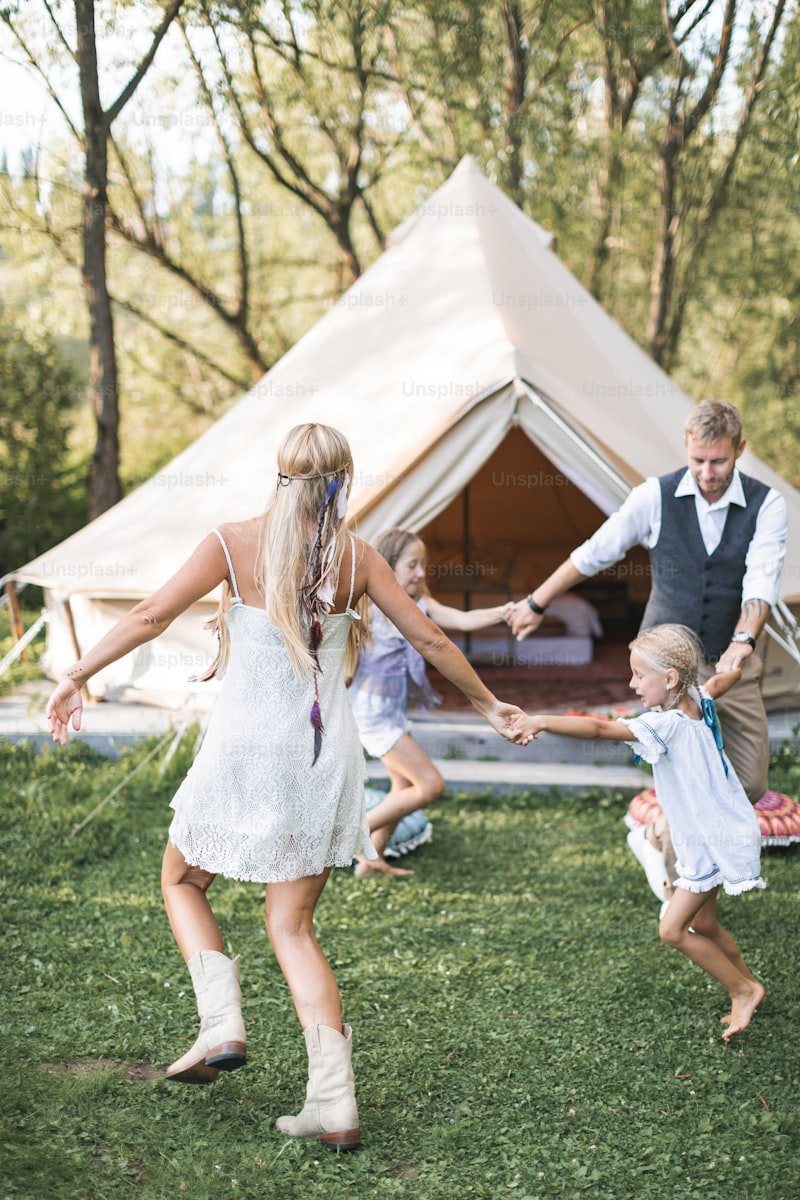Weather Considerations for Destination Weddings: Plan Your Perfect Day
Planning a destination wedding can be both exciting and challenging, especially when it comes to understanding the weather considerations for destination weddings. From tropical beaches to snowy mountains, the ideal weather for your special day greatly influences your ceremony and reception. In this article, we’ll dive into the crucial factors you should keep in mind when selecting a destination for your nuptials and how to ensure your wedding day goes as smoothly as possible.
Understanding Climate Zones
One of the first steps in planning your destination wedding is to understand the climate of your chosen location. Different regions of the world experience various climatic conditions that can affect your wedding date. Below is a brief overview of major climate zones:
| Climate Zone | Description | Best Seasons for Weddings |
| Tropical | Hot and humid, with a chance of rain. | December to April |
| Temperate | Four distinct seasons with warm summers and cold winters. | Late spring and early fall |
| Arid | Hot and dry with little rainfall. | Fall and spring |
| Polar | Cold and icy, with short summers. | Summer months |
Choosing the right climate zone is essential for ensuring your wedding day weather aligns with your expectations. Each zone has its own unique attributes that could either enhance or hinder your celebration.
Weather Patterns and Seasonality
After assessing climate zones, it’s crucial to investigate regional weather patterns. For instance, if you plan to tie the knot in the Caribbean, you need to avoid hurricane season, which typically runs from June to November. Instead, consider winter months when you might enjoy clearer skies and cooler temperatures.
In contrast, if your heart is set on a winter wonderland wedding in the mountains, ensure to check for heavy snowfall periods, which can cause travel issues for your guests. Early spring or late winter might be optimal for avoiding extreme cold but still capturing that snowy backdrop.
Popular Destination Wedding Locations and Their Weather
Let’s explore some trending destination wedding locations along with their weather considerations:
| Location | Ideal Months | Weather Considerations |
| Maui, Hawaii | April to June, September to October | Typically warm, occasional rain, beautiful sunsets. |
| Venice, Italy | May to September | Warm and dry; however, flooding can occur in late fall. |
| Cancun, Mexico | December to April | Low humidity, little rain, ideal beach weather. |
| Lake Tahoe, California | June to September | Pleasant temperatures; be wary of wildfire smoke in late summer. |
Each location offers unique weather experiences that both you and your guests will cherish. Be diligent about checking averages for rainfall and temperature during the time of your wedding to give yourself the best chances for perfect conditions.
Backup Plans: Necessity for Outdoor Weddings
With the unpredictability of nature, it is wise to create contingency plans, particularly for outdoor weddings. Popular options include:
- Renting a Tent: Tents can provide shelter from unexpected rain and create a charming ambiance.
- Indoor Alternatives: Always have an indoor venue option available that comfortably accommodates your guest list.
- Weather Insurance: Investing in wedding insurance can help offset costs if your event is significantly impacted by weather conditions.
Having options ensures that the romance and spirit of your wedding day remain intact, regardless of what Mother Nature has planned. Always communicate with your wedding planner and venue about these backup plans.
Informing Guests About Weather Considerations
Once the weather plans are set, make sure your guests are informed. They need to come prepared for whatever weather conditions are expected. Consider including the following in your invitations or wedding website:
- Attire Guidelines: Suggest attire suitable for expected conditions (light fabric for humid climates, warm layers for colder areas).
- Travel Considerations: Provide information on potential weather delays or cancellations.
- Local Weather Updates: Share resources for guests to check weather forecasts closer to their travel dates.
Choosing the Right Time of Day
The time of day also plays a critical role in your destination wedding weather. High noon typically brings harsher sunlight that might be uncomfortable for guests. Considering a twilight ceremony not only offers romantic ambiance but also cooler temperatures. Always review sunset times for your chosen venue to optimize the timing for beautiful photos and an enchanting experience.
Personal Experience and Stories
It can be inspirational to gather stories from couples who planned their destination weddings. Many share their favorite tips about how they navigated weather challenges or unexpected climate variations. For example, one couple planned a beach wedding in Jamaica but faced unexpected rainfall. They utilized their backup tent plans, which kept their guests dry and transformed the space into a cozy celebration area adorned with fairy lights.

Conclusion: Weather Preparation is Key
In conclusion, weather considerations for destination weddings are paramount to the success of your big day. From understanding the climate zones to planning for potential weather challenges, being well-prepared allows you to enjoy every moment without concern. Remember to create backup plans, inform your guests about what to expect, and choose the right time of day for your ceremony. By taking these steps, you ensure an unforgettable wedding experience that not only reflects your style but also respects the elements of nature.
As you embark on this exciting journey, remember that a little preparation goes a long way. Embrace the location and the weather it brings, and let it enhance the beauty and joy of your wedding celebration.